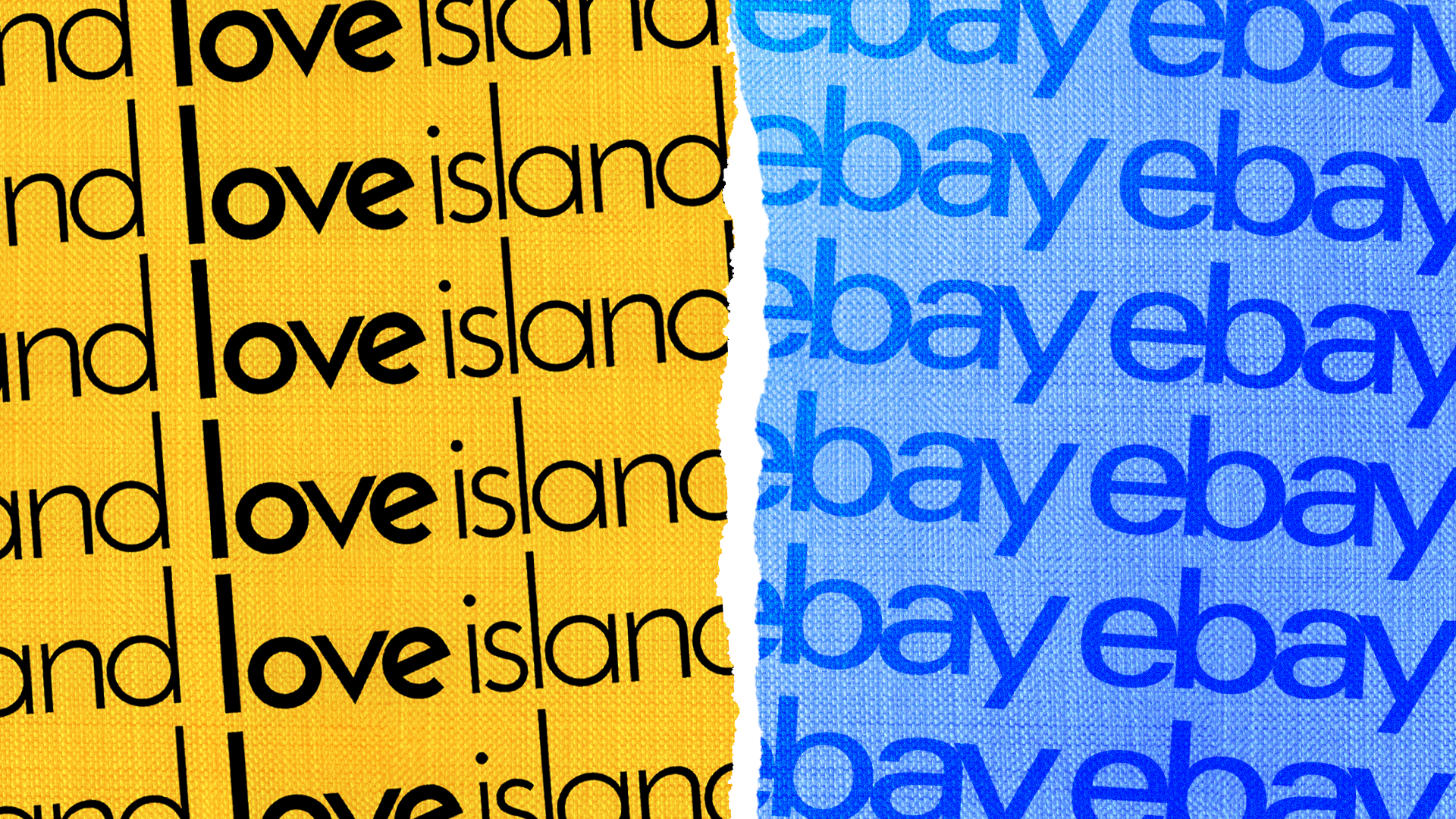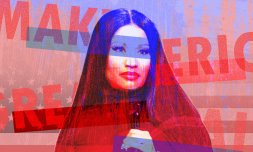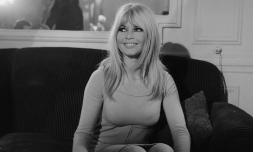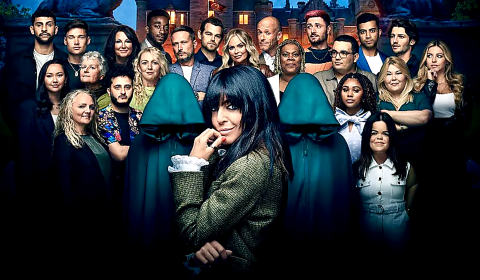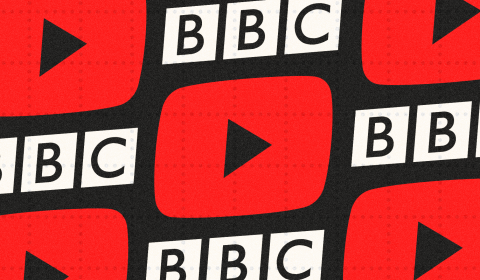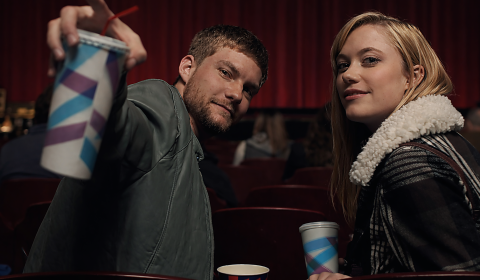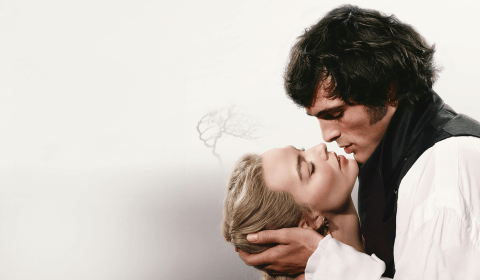Love Island – which has faced backlash for promoting fast fashion brands – has collaborated with eBay to dress this year’s contestants in an entirely pre-loved wardrobe.
Since it exploded onto our TV screens in 2015, reality hit ‘Love Island’ has drawn as much attention as it has criticism.
The show has been sponsored by fast fashion brand ‘I Saw It First’ since 2019, but it’s been known for catapulting the ‘fast fashion’ aesthetic to mainstream popularity since its first episode.
One could argue the show is more famous for churning out fashion influencers than it is loved up couples. The most notorious example is former contestant Molly Mae, who became Creative Director of fast fashion brand PrettyLittleThing in 2021.
Given Love Island’s love affair with fast fashion, some had predicted that ultra-fast-fashion behemoth ‘SheIn’, which has recently proposed a valuation of $100billion (more high-street giants Zara and H&M combined), would be the shows latest sponsor.
https://www.youtube.com/watch?v=YhPPP_w3kNo&ab_channel=DWDocumentary
But in a truly startling plot twist, the ITV golden-child has announced a partnership with re-sale site eBay, a move which will see 2022’s contestants dolled up in nothing but pre-loved clothes – from first entrance, through Casa Amore, and (if they’re lucky) all the way to the final.
It’s a decision that’s overjoyed many in the fashion industry – particularly the ethical fashion movement online, which has grown with platforms like Fashion Revolution, and the growth of the ‘conscious influencer’.
Love Island has faced staunch criticism for its promotion of fast fashion brands. With Gen Z and Millennials – the show’s main audience – growing ever more concerned about what they wear and where it comes from, picking the planet over low price points.
Previous Islander Brett Staniland also called out the show for its ‘symbiotic’ relationship with fast fashion. As a sustainable fashion advocate, Staniland was the first contestant to deny Love Islands offer of a free clothing.
‘Before I entered the villa, I was offered £500 to spend with the show’s sponsor,’ he told Vogue Business. ‘Once I was insider, I was delivered duffle bags full of free clothes every three to four days, which I also declined. It was mind blowing to see so many clothes worn once and then discarded’.
This public pushback has most likely encouraged Love Island’s new ‘eat, sleep, rewear, repeat’ attitude.









